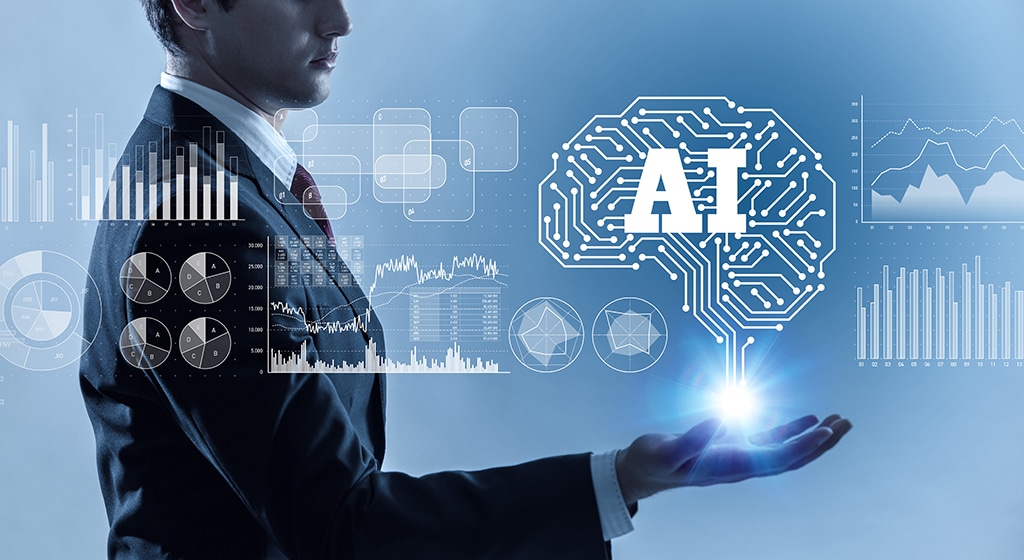By Ghadeer Ghloum
KUWAIT: Artificial intelligence (AI) is becoming part of our lives although humanity might not be prepared for it. Despite how useful it can be, many people are still concerned about how quickly it’s infiltrating humans’ lives, jobs and security. To shed light on people’s thoughts regarding AI’s impact on people’s role in both art and science fields, Kuwait Times interviewed Senior Content Editor Zainab Patwa, and Fatmah Taqi, a pharmacy student. Fascination and concern Patwa said that AI has evolved into a multidisciplinary field that spans computer science, machine learning, and cognitive computing.
 Zainab Patwa
Zainab PatwaWhen she first encountered ChatGPT, a cutting-edge AI chatbot, she was fascinated by its ability to mimic human intelligence in tasks such as perception, reasoning, learning and decision-making. While some view AI as a transformative technology with the potential to revolutionize industries and society, as a writer, Patwa recognizes that it can pose a threat to traditional content creation. AI could eliminate jobs With the rapid advancements in AI, Patwa said, companies are leveraging this cutting-edge technology to optimize their operations and gain a competitive edge.
As an editor and writer, she has experienced both the benefits and drawbacks of AI in her work. On one hand, AI has proven to be a boon by boosting creativity, minimizing research time and generating factually accurate articles in minutes by simply inputting keywords. However, this feature has also raised concerns among Patwa’s colleagues about the potential for job displacement, as AI's ability to generate well-researched articles eliminates the need for external human intelligence. In the field of graphic design, AI has brought significant simplification, with programs, such as Midjourney and Dall-E 2, rendering the process of generating concepts and ideas more efficient.
 Fatmah Taqi
Fatmah TaqiAI programs also saves time and provide step-by-step guidance for non-designers using software such as Illustrator and Photoshop. AI can streamline certain tasks, but human creativity, intuition and critical thinking remain invaluable in the field of graphic design, which requires originality and innovation. Being a pharmacy student, Taqi said AI could have a huge impact one her future career in many ways across industries, diagnosis, managing medical records, research, drug discovery and development. For example, one of the pharmacies in Ireland where she’s studying, use a sophisticated robot designed to organize medicines and separate those that expired.
She said that even if AI becomes more advanced, it won’t be able to compete with the expertise of pharmacists. Boosting human intelligence with AI Both Patwa and Taqi agree that AI could enhance humanity’s quality of life as long as it’s used wisely to help with some tasks, rather than using it as replacement to human expertise. As AI is still evolving, it’s difficult to predict its impact on stability and job security, said Taqi. This provides humanity with an opportunity to adapt and optimize its application in a way that benefits both companies and employees. It also allows for flexibility in utilizing AI to gain a competitive edge, while ensuring that employees can retain their jobs by leveraging technology to enhance their skills and productivity.
With careful management and keeping ethical considerations at top of mind, AI can be harnessed as a valuable tool that complements human capabilities, rather than replacing them, leading to a harmonious integration of AI into various industries. Taqi added that AI could present both positive and negative outcomes. On the bright side, it could boost human creativity, by reducing the time needed to complete some tasks and allowing humans to multitask. AI could also improve the capabilities of people with disabilities. The dark side of AI, on the other hand, is that it cannot learn to think outside the box and is only able to learn over time through what humans feed it.











